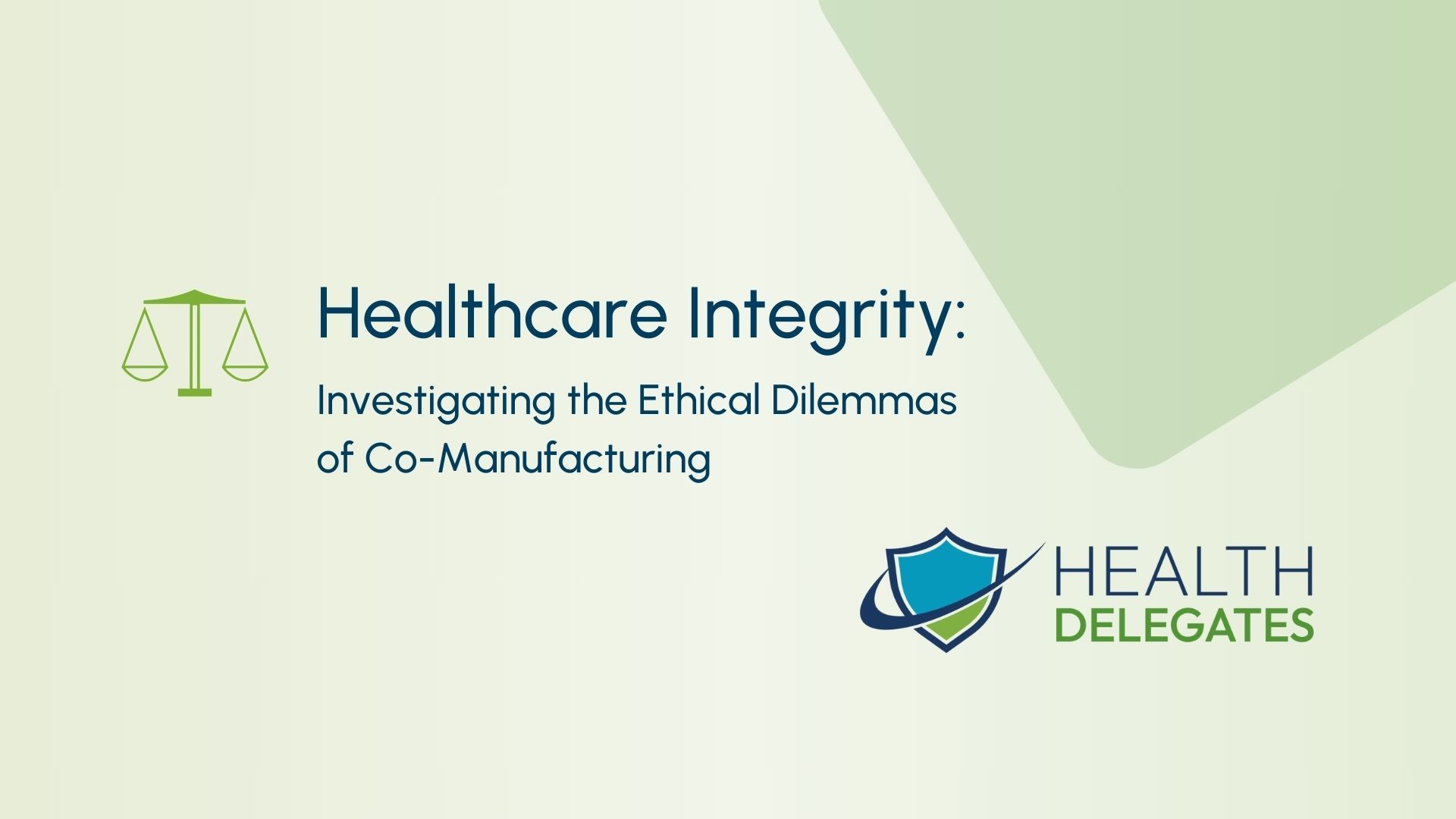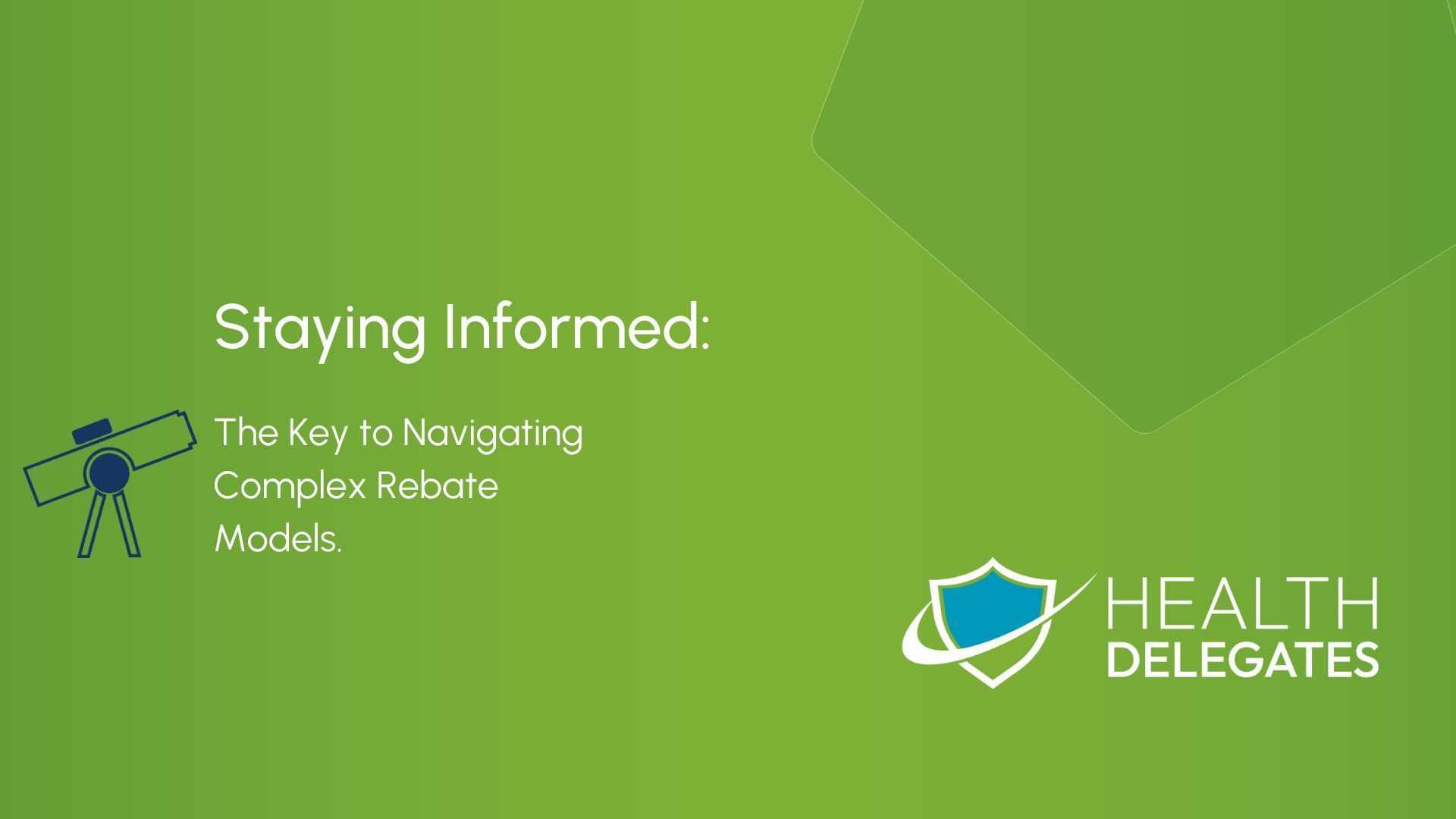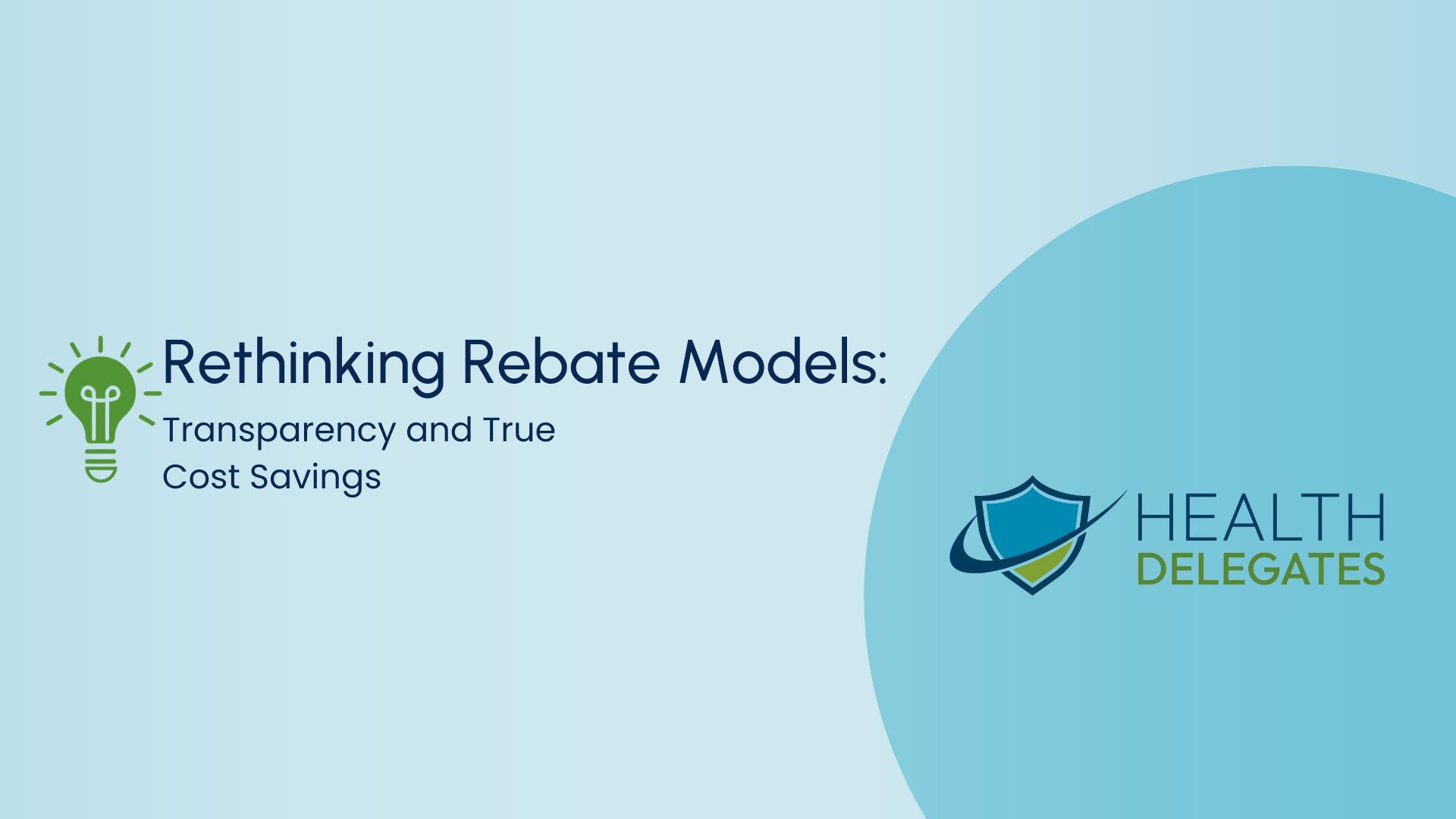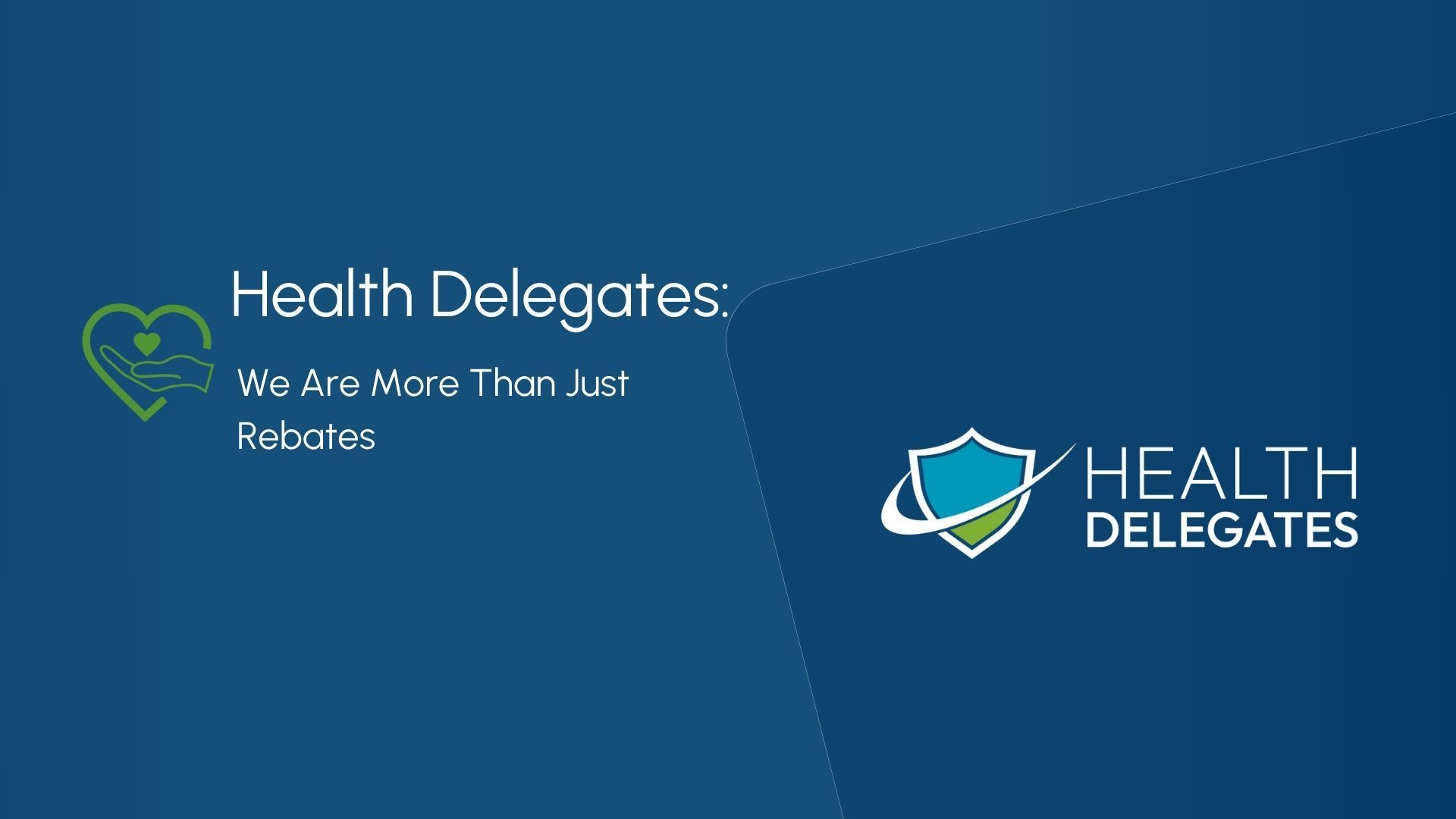By Health Delegates
•
March 5, 2024
Pharmacy Benefit Managers (PBMs) are invaluable partners in the healthcare industry, orchestrating prescription drug benefits for health insurers, Medicare Part D drug plans, and large employers. Their role is pivotal in navigating the complex landscape of healthcare to deliver efficient and cost-effective drug benefit management. Recognizing the challenges in PBM contracts, this blog aims to highlight the mutual benefits of fostering transparency, clarity, customization, and a client-centric approach in our partnerships. By focusing on these areas, we can collaboratively address the needs of providers, consumers, and the entire healthcare ecosystem. Advancing Transparency in PBM Contracts A foundation of trust and partnership in the healthcare industry begins with transparency. While there have been concerns regarding the clarity around rebate amounts, drug pricing, and pharmacy service costs, advancing transparent contracts can greatly benefit all parties involved. Transparent contracts that offer clear insights into drug pricing, rebates , and fees not only foster trust but also enable employers and patients to make informed decisions. Encouraging an environment where financial transactions and potential conflicts of interest are openly discussed can lead to better outcomes for everyone in the healthcare value chain. Promoting Clear Definitions and Customization The significance of having clear definitions within PBM contracts cannot be overstated. Ambiguities around terms such as 'generic drugs', ' specialty drugs ', and 'rebates' can lead to misunderstandings. Ensuring that these terms are precisely defined will help in eliminating confusion and fostering a more transparent relationship. Additionally, recognizing the unique needs of each employer or health plan is critical. A tailored approach to PBM services, including formulary design, drug utilization reviews, and pharmacy network design, can address specific needs more effectively, leading to enhanced efficiency and cost management. Embracing Client-Centric Management Adopting a client-centric management approach places the focus squarely on the needs of employers, health plans, and patients. This strategy ensures that PBMs' incentives are aligned with the clients' objectives, such as achieving cost savings, ensuring high-quality care, and improving patient outcomes. A commitment to regular performance reviews, efficient drug spend management, and exceptional customer service are key to a successful client-centric strategy. Such an approach not only benefits clients but also strengthens the partnership between PBMs and their stakeholders. Navigating Legal Challenges and Collaborative Solutions The evolving legal landscape, exemplified by cases like Rutledge v. Pharmaceutical Care Management Association, underscores the importance of collaboration between PBMs, states, and federal entities in navigating regulatory challenges. These legal precedents highlight the need for a balanced approach to regulation that supports fair reimbursement practices and acknowledges the complex interplay between state and federal laws. By working together, we can find solutions that ensure fairness and transparency while respecting the diverse regulatory frameworks. Pharmacy Benefit Managers are essential to creating a more efficient and equitable healthcare system. By embracing practices that prioritize transparency, clarity, customization, and a client-centric focus, we can strengthen our partnerships and achieve shared goals. The journey towards reforming PBM practices is a collaborative effort, requiring engagement from all stakeholders in the healthcare system. Together, we can advocate for and implement changes that enhance the well-being of all parties involved and contribute to a healthier future for everyone. Forge Ahead Together: Collaborative Action with Health Delegates Pharmacy Benefit Managers are central to fostering a more efficient and equitable healthcare system. By embracing practices that emphasize transparency, clarity, customization, and a client-centric approach, we can significantly strengthen our partnerships and achieve our collective goals. The path to reforming PBM practices is one that we must walk together, engaging all stakeholders in the healthcare system to advocate for and implement meaningful changes. It's through collaboration that we can ensure a healthier future for everyone. At Health Delegates , we are committed to going beyond the industry norm. We believe in the power of teamwork and market responsiveness to secure the best possible outcomes for our partners: Beyond Rebate Guarantees: We transcend traditional rebate guarantees, focusing instead on dynamic market adaptation and delivering real value. Our dedicated team works tirelessly to ensure you receive the best possible rebates. For us, it's not about arbitrary numbers; it's about delivering tangible results and fostering long-term partnerships. Simplified Contracting: We understand the complexities of PBM contracts and strive to offer straightforward rebate solutions. Our approach cuts through the clutter of exclusions and complex guarantees, providing the flexibility to make formulary and rebate decisions that genuinely benefit your plan. We aim to harmonize financial and clinical decisions, tailoring our services to meet your unique needs. Retain Full Control and Visibility: With Health Delegates, you maintain complete visibility and control over the financial aspects of your plan. Every rebate, administrative fee, and price protection measure is passed directly through to you, ensuring transparency, eliminating surprises, and building trust. We invite you to reach out to Health Delegates to explore how we can work together to navigate the complexities of PBM and rebate contracts and achieve a more transparent, efficient, and equitable healthcare system. Let's join forces to create solutions that are not only beneficial but also sustainable for all parties involved. Contact us today to learn more about how we can support your goals and foster a thriving partnership.











